India and The Changing World Order
India and the Changing World Order breaks free from conventional boundaries, delving fearlessly into the realms of emerging civilisational, religious, and historical matters. Its purpose lies in sparking essential conversations about broader matters, such as civilisational, cultural, and social diversity issues that have been overlooked in the shaping of the post-World War II and post-Cold War global order. As the existing global order confronts unprecedented challenges, this book serves as a catalyst, fuelling a discourse that captures the essence of a rapidly evolving world.
Through a comparative study, the book offers fresh insights into the contrasting approaches of short-termist liberal democracies and long-termist autocratic China, shedding light on the distinctive qualities of a liberal and civilisational democracy as exemplified by India. Within its illuminating pages, the reader will uncover the critical challenges that Indian democracy faces while navigating the complexities of its relationship with both autocratic China and the liberal West. Additionally, the book examines the fundamental differences between market economics and market societies. It artfully unravels contemporary geopolitical, geo-economic, and geo-strategic issues, offering intricate analyses of India’s strategic connections with select nations and its ever-growing ties with the USA. Moreover, it dares to propose innovative solutions like astronomy-based education as a means to foster conflict resolution.
With an invitation that resonates deeply, India and the Changing World Order calls upon the reader to partake in a discourse that re-evaluates the past, contextualizes the present, and ultimately shapes the trajectory of our shared future.


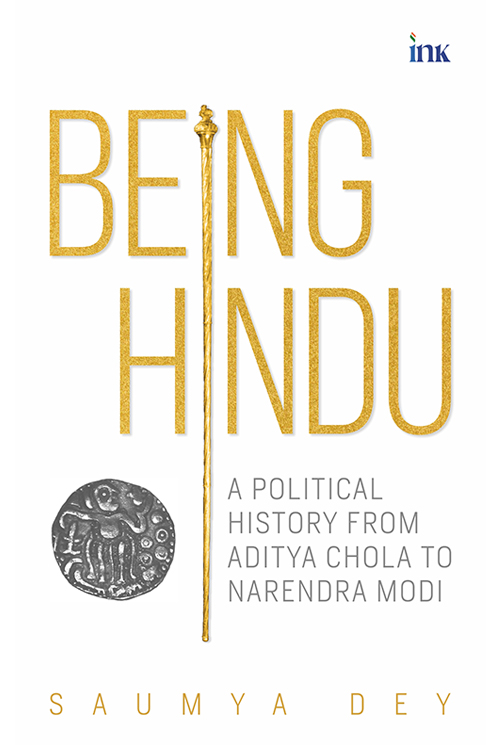
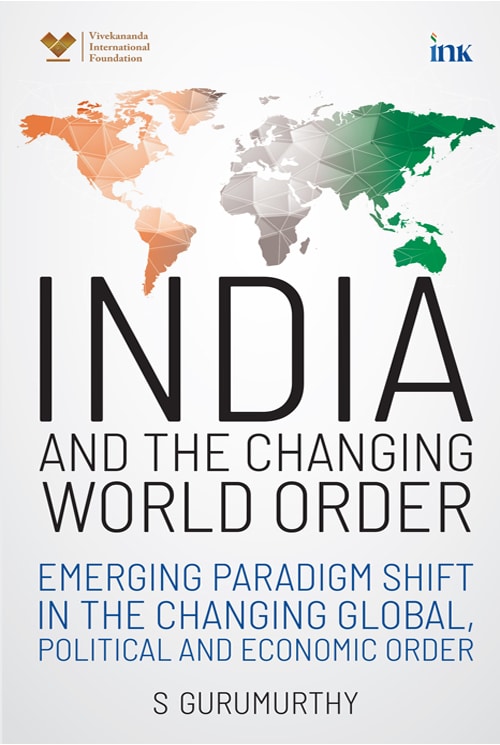
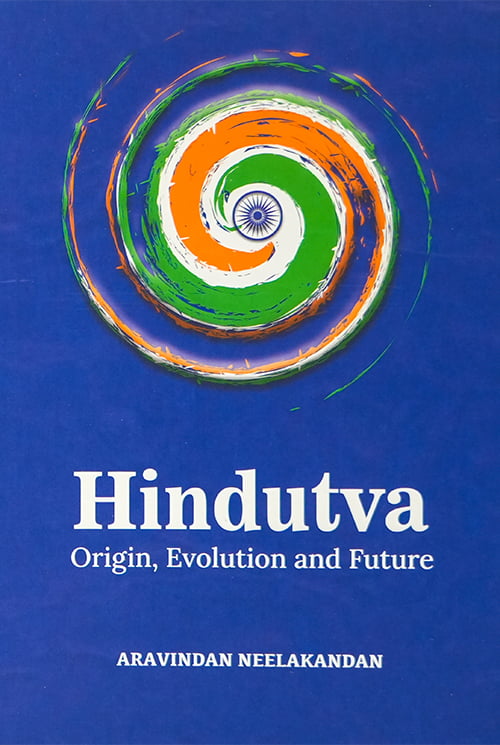
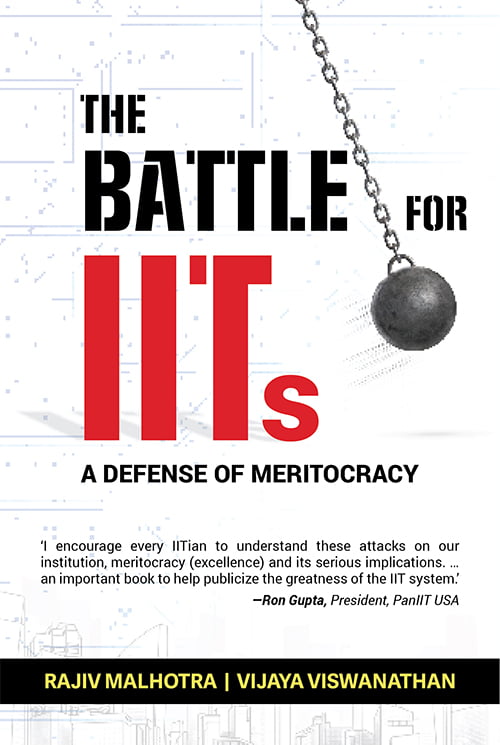

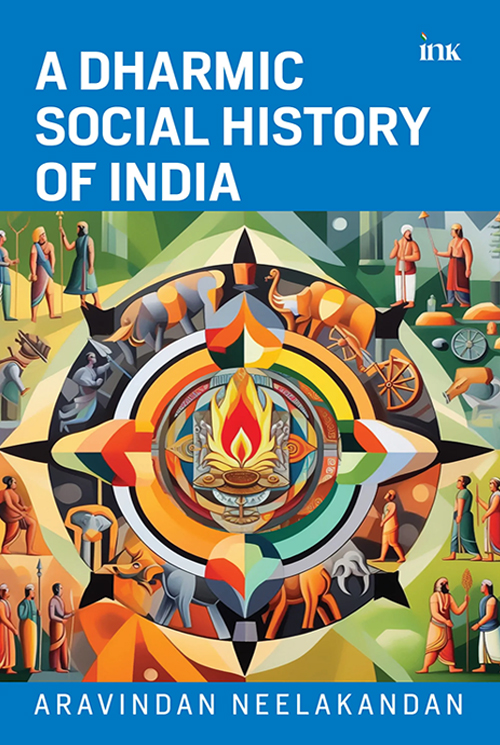


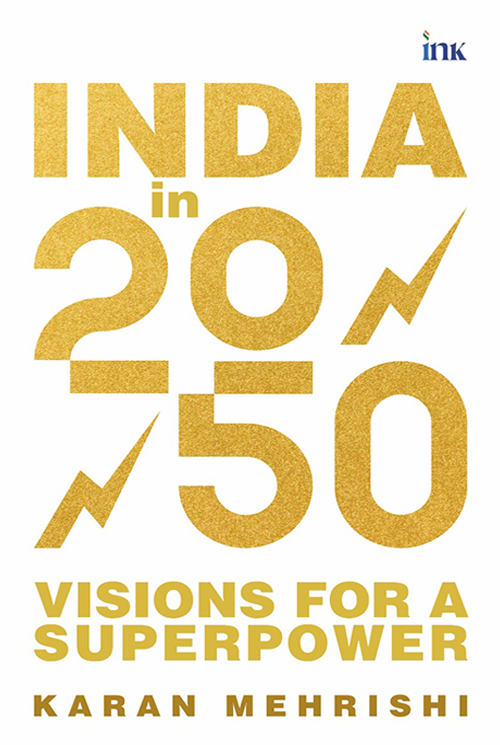

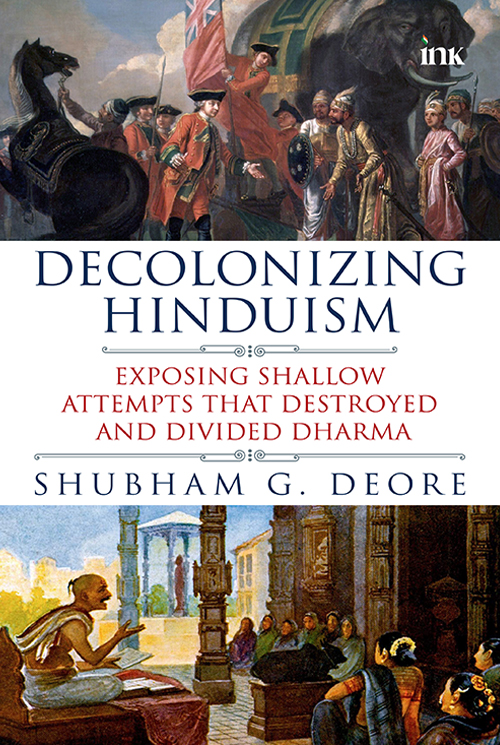


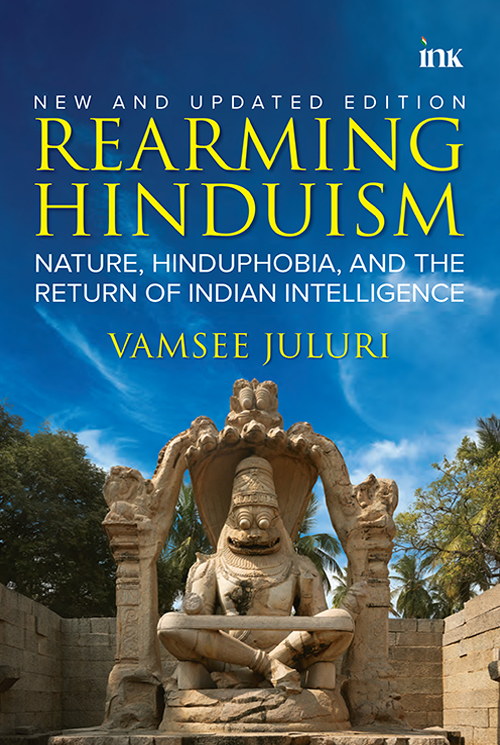

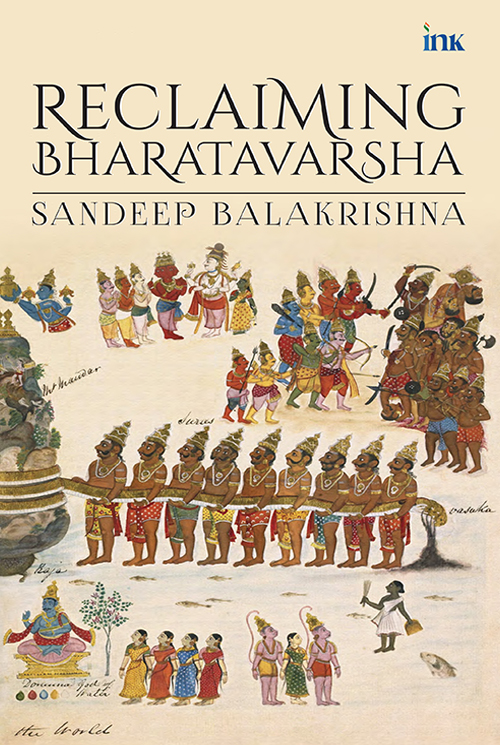

Reviews
There are no reviews yet.